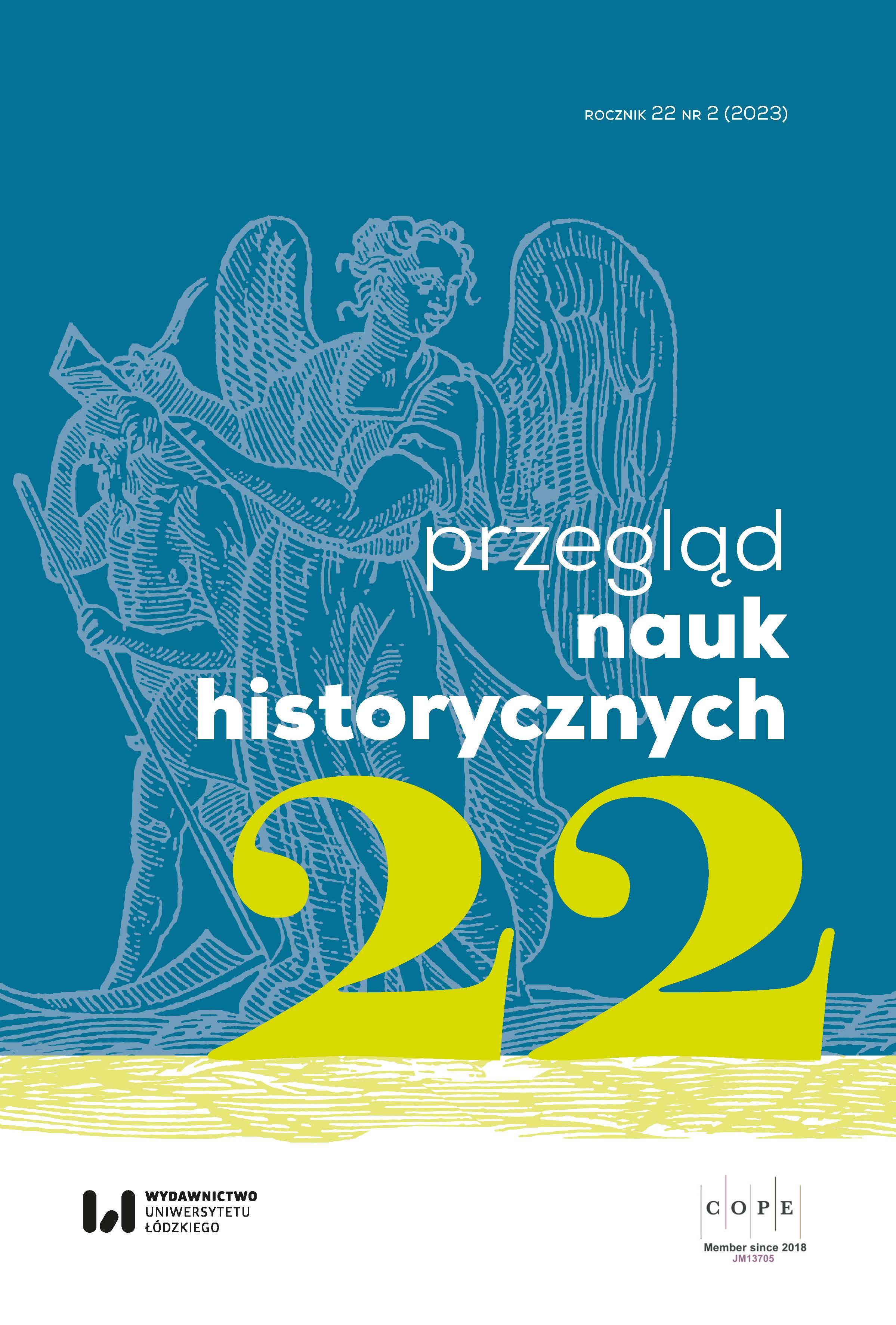Związek Młodzieży Polskiej „Zet” w Kijowie w okresie zaborów i I wojny światowej. Zarys zagadnienia
Polish Youth Union “ZET” in Kiev During the Partitions of World War I An Outline of the Issue
Author(s): Przemysław WaingertnerSubject(s): Local History / Microhistory, Political history, 19th Century
Published by: Wydawnictwo Uniwersytetu Łódzkiego
Keywords: Polish Youth Union “Zet”; Polish youth organizations; Poles in Ukraine in the 19th–20th centuries
Summary/Abstract: In 1886, the secret Polish Youth Union “Zet” (PYU) was established at the University of Warsaw. Until the outbreak of World War I, “Zet” created a network of branches not only in Polish academic circles in the three partitions, but also in the depths of Russia and Western Europe. The “Zet” program called for an independent, democratic, socially just and nationally and religiously tolerant Republic of Poland. The Zetists understood this struggle both as self-education work and as an armed act. The Union created and inspired other pupil and student organizations, as well as working-class and peasant youth. The history of the Polish Youth Union of has become the subject of research by historians, but its activities during the partitions in the depths of Russia are still less recognized problems. The subject of this article is an attempt to present the origins, activities, political orientation and influence of “Zet” in the years of partitions and World War I in Kiev – a city that was an important center of Polish people in the Ukrainian lands incorporated into Russia. At the University of Kiev from the end of the 19th century, Polish students concentrated in the independence- socialist “Corporation” and “Zet”, which became the “headquarters” of the national-independence organization “Polonia”. The “Zet” of Kiev, unlike the PYU in the Kingdom of Poland, Galicia and in Western Europe, which departed from cooperation with the National League to support the Polish irredentist camp, maintained ties with the national camp and its program. In addition to its selfeducation and political activity in the academic community, “Zet” tried to influence pupils of Polish schools (secret ones, and during World War I, legally operating in Kiev and Ukraine). During the Great War, the “national” majority of the Kiev Zetists were involved in organizing the community of Polish students and Polish education in the Kiev region. The minority that supported the irredentist camp belonged to the Kiev secret military school and the local unit of the Polish Military Organization. Studies on the history of “Zet” in the East may bring a more accurate recognition of this conspiracy and contribute to deepening the knowledge about the fate and activity of the Polish intelligentsia.
Journal: Przegląd Nauk Historycznych
- Issue Year: 22/2023
- Issue No: 2
- Page Range: 163-183
- Page Count: 22
- Language: Polish

